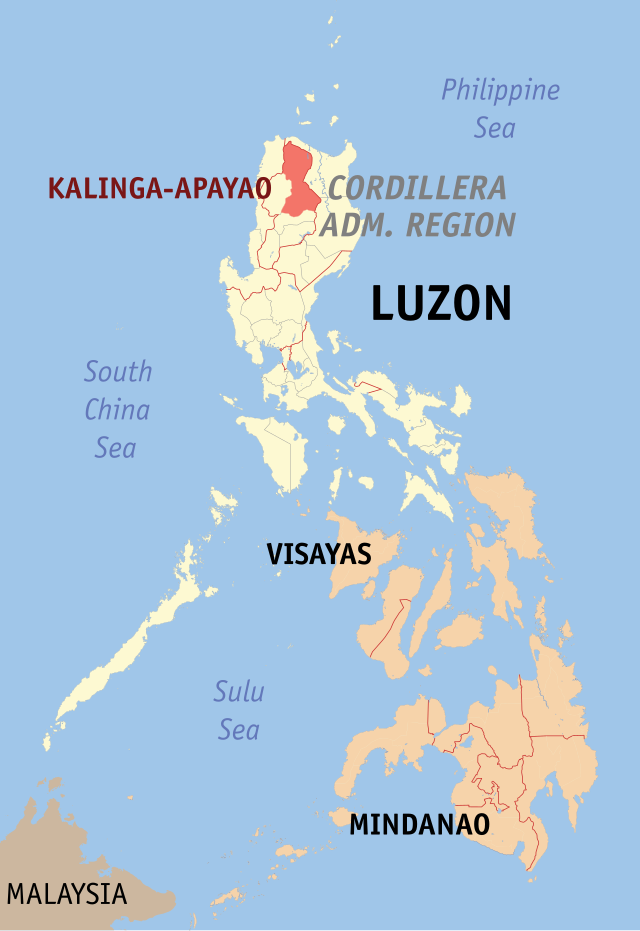On Wednesday, Oct. 30, the Asian Pacific Islander Desi American Program (APIDA) hosted the Philipinx American History Month Celebration at Contra Costa College.
Members of Manilatown Ancestral – a program who offers a free monthly beginner-level culture, music and dance instruction to all Bay Area community members interested in exploring tribal Philippine art – were the special guests who performed at Fireside Hall with CCC counselor Camille Santana.
Manilatown Ancestra is also part of the Manilatown Heritage Foundation, an affordable family-friendly program that is promoting social and economic justice for Filipinos in the U.S. The foundation is trying to preserve Filipino history, arts and culture and advocates for equality.
Santana and Manilatown informed students and staff about different types of Filipino dances, performances and where they each originated from. Attendees were told about dances from various parts of the Philippines including Kalinga which originated from the far north of the Philippines, Kalinga-Apayao and Mindanao which is the south of the Philippines, Maranao, Maguindanao, Tausug and Tedurary.
Kalinga music is a type of music indigenous to the Philippines. Some instruments that were played by Manilatown during the celebration were the Tongatong which are bamboos that are hit against the ground, Paldong which is a mini flute and the Pinatubo Kalinga Doumbek which is a type of drum.
Caroline Cabading, the director of Manilatown, explained how diverse it is in the Philippines.
“It has 7,000 islands and hundreds of ethanol linguistic groups,” said Cabading.
Cabading explained the origin of the Manilatown Heritage Foundation, which involved the International Hotel (I-Hotel) –a residential hotel for Filipino and Chinese families in the late 1960s. The landlord tried to get the families evicted from their homes so a multi-level parking lot could be put into place. The people of San Francisco protested it, making human chains across the property to protect the residents and were left alone.
The I-Hotel existed until it was officially evicted by the police and later demolished in 1977; which caused many families in the financial district in San Francisco to be displaced. To read more about the I-Hotel history read it here.
CCC counselor Camille Santana, who is a part of the Filipino community, sat down with The Advocate to discuss the importance of finding your Filipino roots and how you can learn more.



